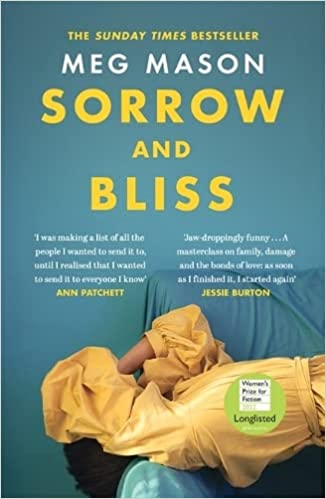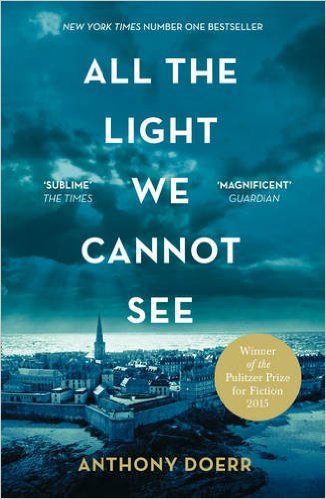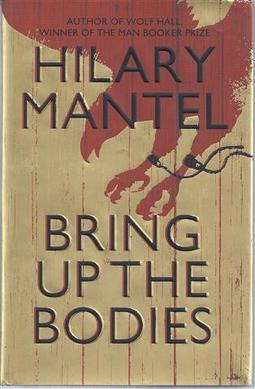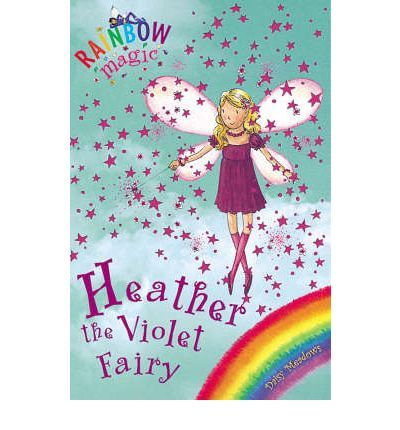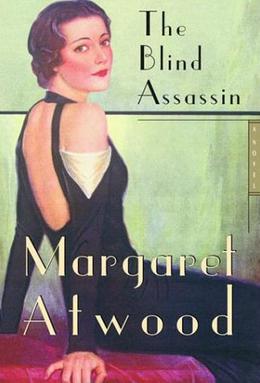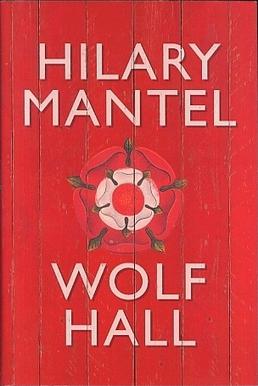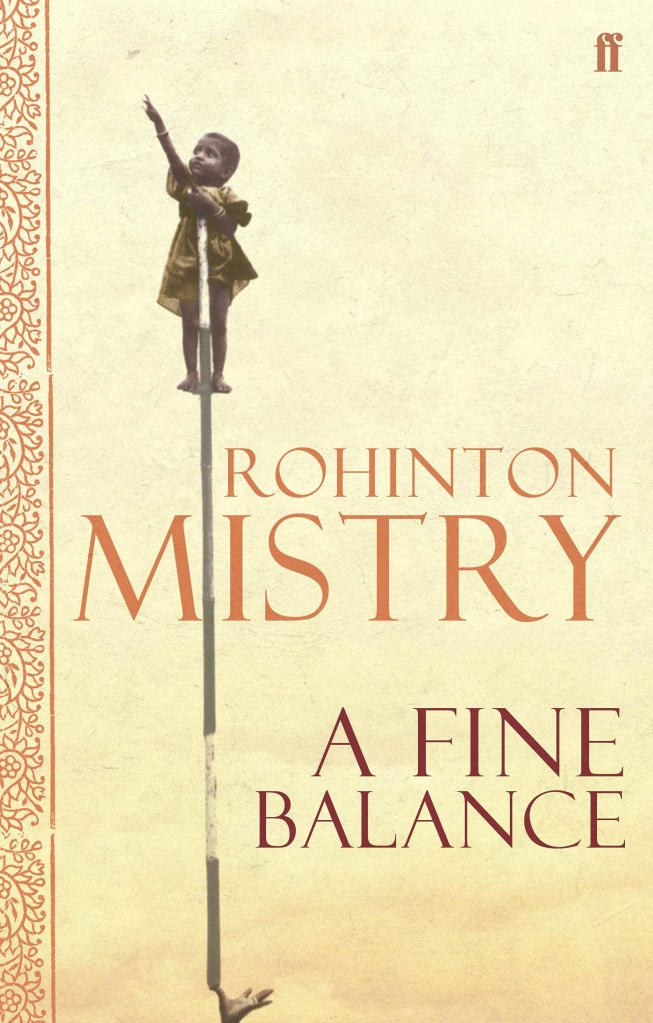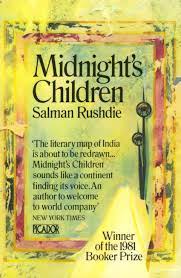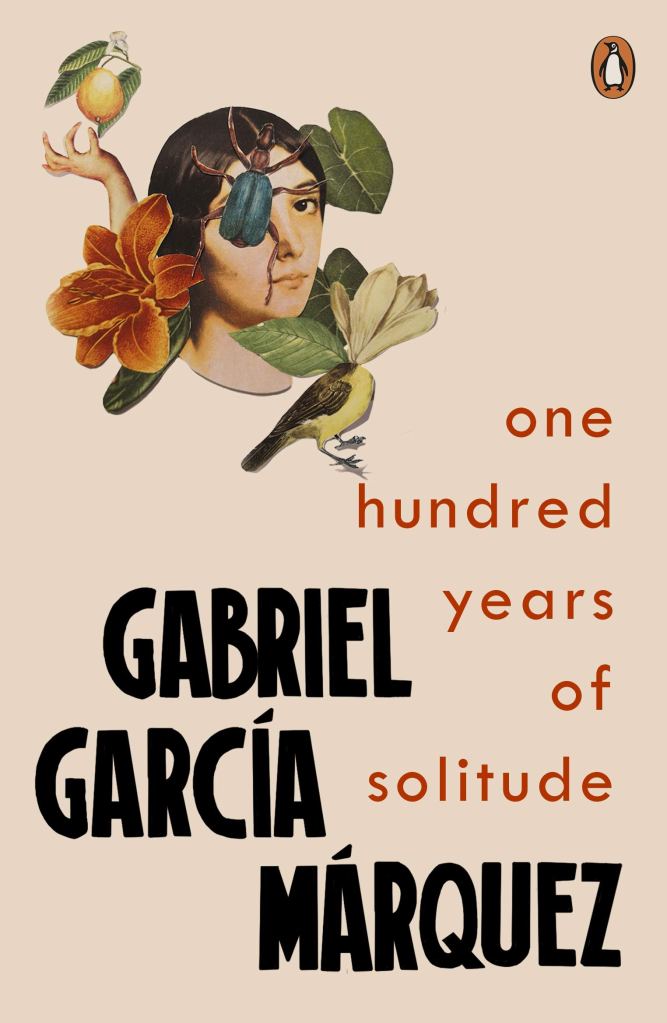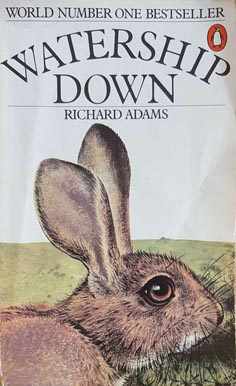For many of us (lucky enough to have a passport and the funds to do so), thoughts are turning to summer holidays. Even if you are not getting away this year, perhaps you will have some relaxation time to enjoy the warmer weather from the comfort of your own garden or a local park or beauty spot. I am seeing quite a few ‘best books for the summer’ type features in newspaper supplements, magazines and in online newsletters so I thought I would join in and share a couple of my own recommendations this week.
What do we want from summer reading? Well, I read Ulysses on a trip to Spain many years ago, but life has changed somewhat since then and that would be a bit ambitious for me these days! Generally, holiday reads should not be too taxing, can be picked up and put down as we take a dip, that we don’t mind getting sand over and which we might just leave on the holiday let bookshelf to make space in our luggage when we leave. Oh, and long enough that they will definitely last the whole trip plus any potential waiting time in stations or airports!

The first book I’d recommend is The Seven Husbands of Evelyn Hugo by Taylor Jenkins Reid. This was actually recommended to me by sixteen year old daughter who read it cover to cover in days, could not put it down (AND she was revising for GCSEs). It tells the story of the life of ageing film star, Evelyn Hugo, giving a rare and possibly final interview to accompany the auction of a number of her gowns for a cancer charity. Evelyn agrees to the interview (a major scoop for the magazine Vivant) on the basis that it is conducted by one of its least-known writers, Monique Grant, a condition which irks the magazine’s editor.
Monique, who is going through some difficult life events herself, her husband having recently left her, is surprised when at their very first meeting, Evelyn reveals that she has in fact hand-picked Monique to write her biography, NOT to do a magazine interview, though she will not reveal the reason. Evelyn begins to tell Monique the story of her life, from the very beginning when she lost her mother and as a teenager married Ernie Diaz (husband number one), as a way to escape Hell’s Kitchen in New York and her violent father and go to Hollywood where she plans to find fame and fortune. She quickly finds roles in a number of films and after divorcing Ernie she marries her handsome and popular co-star Don Adler. Evelyn is a huge success and is nominated for an Oscar for her role in an adaptation of Little Women. She finds herself embroiled in scandal however, when she leaves Don who, after a brief honeymoon period turned out to be abusive. But as a woman, it is Evelyn who is publicly ostracised and the Oscar goes instead to her co-star Celia St James, with whom Evelyn will go on to have an important friendship.
The story goes on, with Evelyn recounting the events of her life, how she came to have seven husbands and the circumstances behind each of her marriages. She had a daughter, the result of her fifth marriage to Hollywood producer Harry Cameron, one of her very few true friends. But Connor, their daughter dies of breast cancer, hence the sale of Evelyn’s gowns to benefit the charity. Evelyn tells her story in parallel to the reader learning of Monique’s relationship troubles. Through her meetings with Evelyn, Monique gains a certain courage which enables her to confront some of the issues in her life and begin to take control of her destiny rather than being the victim of circumstances.
I listened to this on audiobook and it far exceeded my expectations. My daughter told me that I would “never get the plot twist”. There are in fact quite a few very clever plot twists, some of which I foresaw (and felt rather smug about) and one or two jaw-droppers I did not. The book has become an international bestseller of course, since its publication and the author, Taylor Jenkins Reid has had other popular and critical successes, most notably Daisy Jones and the Six (which I picked up secondhand the other day and which might be one of my own summer reads). Monique and Evelyn were voiced separately and both were very good, I felt.
The book is everything you could want from a summer read – doesn’t require too much brain power, engrossing, a fantastic plot, great characters and an interesting premise. Highly recommended.







